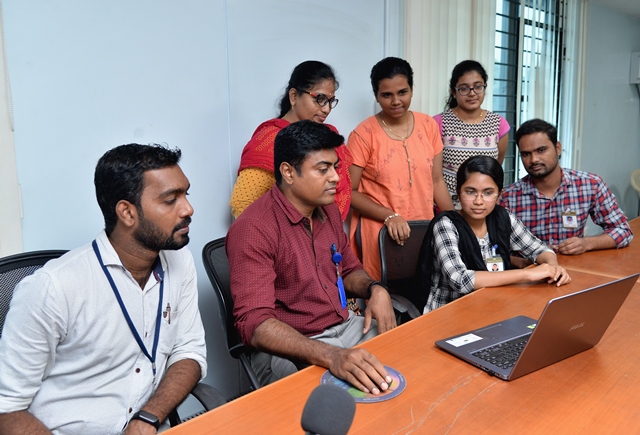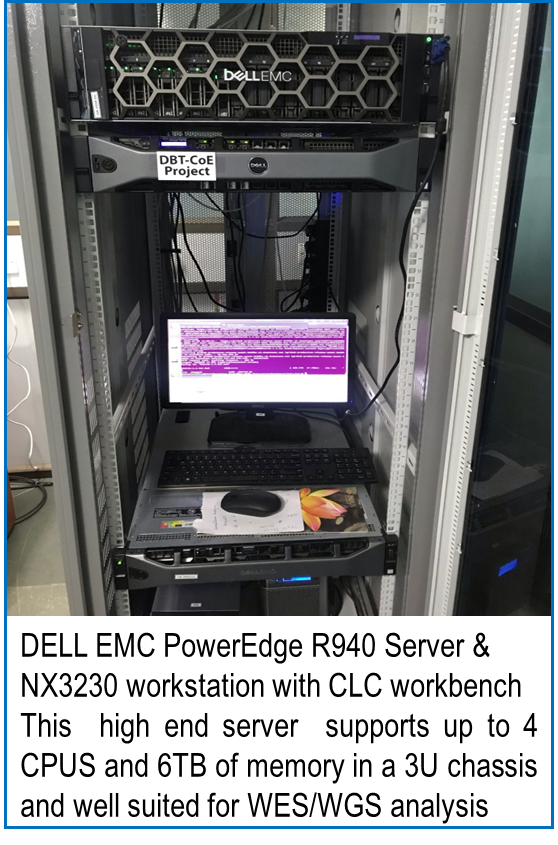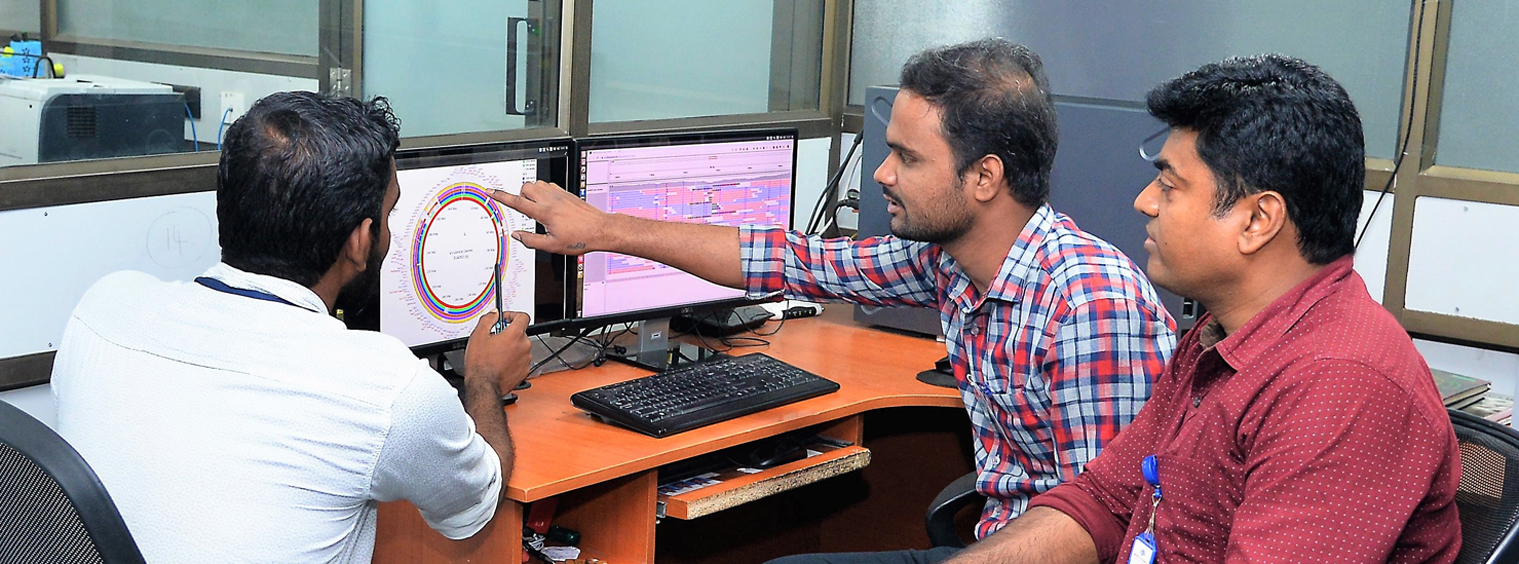
The bioinformatics lab is dedicated to advancing our understanding of eye diseases through the integration of omics data and high-throughput technologies. Our research focuses on developing novel analysis methods for omics data, investigating the role of noncoding RNAs in ocular biology, and identifying genetic variants associated with eye diseases. A key aspect of our work is our collaborative approach, which involves researchers from AMRF. This collaboration provides customised data analysis support for individual projects, enhancing the credibility of our research and ensuring that our findings are applicable to a wide range of eye diseases. Our current research initiatives include employing machine learning to prioritise disease-associated variants, integrating multi-omics data to study microRNA function and targets, and conducting comparative genome analysis of ocular multidrug-resistant pathogens. Our robust infrastructure, consisting of LINUX and Windows-based servers and workstations, allows us to efficiently handle and analyse large-scale omics datasets, facilitating a systems-level understanding of biological processes.
NGSomics and Informatics:
We develop methods and pipelines to analyse next-generation sequencing data, including genome, transcriptome and epigenome. We use machine learning methods to create methods that predict pathogenicity and prioritise variants specific to eye diseases.
Exploring the diagnostic, prognostic, and therapeutic potential of miRNAs in eye diseases:
We explore the specific miRNAs involved in keratitis and ocular tuberculosis and how their dysregulation disrupts the delicate balance in a healthy eye. We analyse the interplay between genes, proteins, and microbiome alongside miRNA expression to identify unique diagnostic markers for early detection, predict disease progression through miRNA patterns, and explore therapeutic avenues by manipulating miRNA levels to halt disease progression potentially.
Scientist
Research Scholars
- Ms. Swathi CH
- Mr. A. Mohamed Hameed Aslam
- Ms. Shreya Dinesh
- Mr. R. Praveen Kumar
AMRF Biocomputing Center (ABC)
The AMRF Biocomputing Centre (ABC) provides a core computational facility with a reliable infrastructure and framework equipped with a Dell T630 Server (With Ubuntu 14.04) and HP DL580R07 (E7) CTO Server, three Dell workstations, and five Intel i7-3370 3.5GHz workstations. It is a multidisciplinary research environment that provides to customise data analysis tailored to the needs of individual research projects across all the research groups and extend this service to others on mutually acceptable terms.

Services Rendered:
Next-generation sequence data processing and analysis: The resource has developed processing and analysis pipelines for Illumina and third-generation sequencing data, as shown below. The input to the NGS pipeline is either raw reads from the sequencing machines or mapped reads from alignment software.
Genomics Services
- Genome/exome analysis pipeline to detect SNVs and InDels
- Variant Analysis: Identification and characterisation of genetic variants, including SNPs, indels, and structural variants specific to disease phenotype
- Genome Assembly: Reconstructing genomes from short sequencing reads.
- Comparative Genomics: Comparing genomes to identify evolutionary relationships and functional differences.
Transcriptomics Services
- RNA Sequencing (RNA-Seq): Quantifying gene expression levels and identifying alternative splicing events. Identifying genes that are differentially expressed between conditions.
- Small RNA Sequencing: Studying microRNAs and other small non-coding RNAs involved in gene regulation.
- Gene Set Enrichment Analysis: Identifying biological pathways or processes that are differentially expressed.
Bioinformatics Consulting
- Providing expert advice on bioinformatics techniques and tools.
- Collaborating with researchers: To design and analyse experiments.

